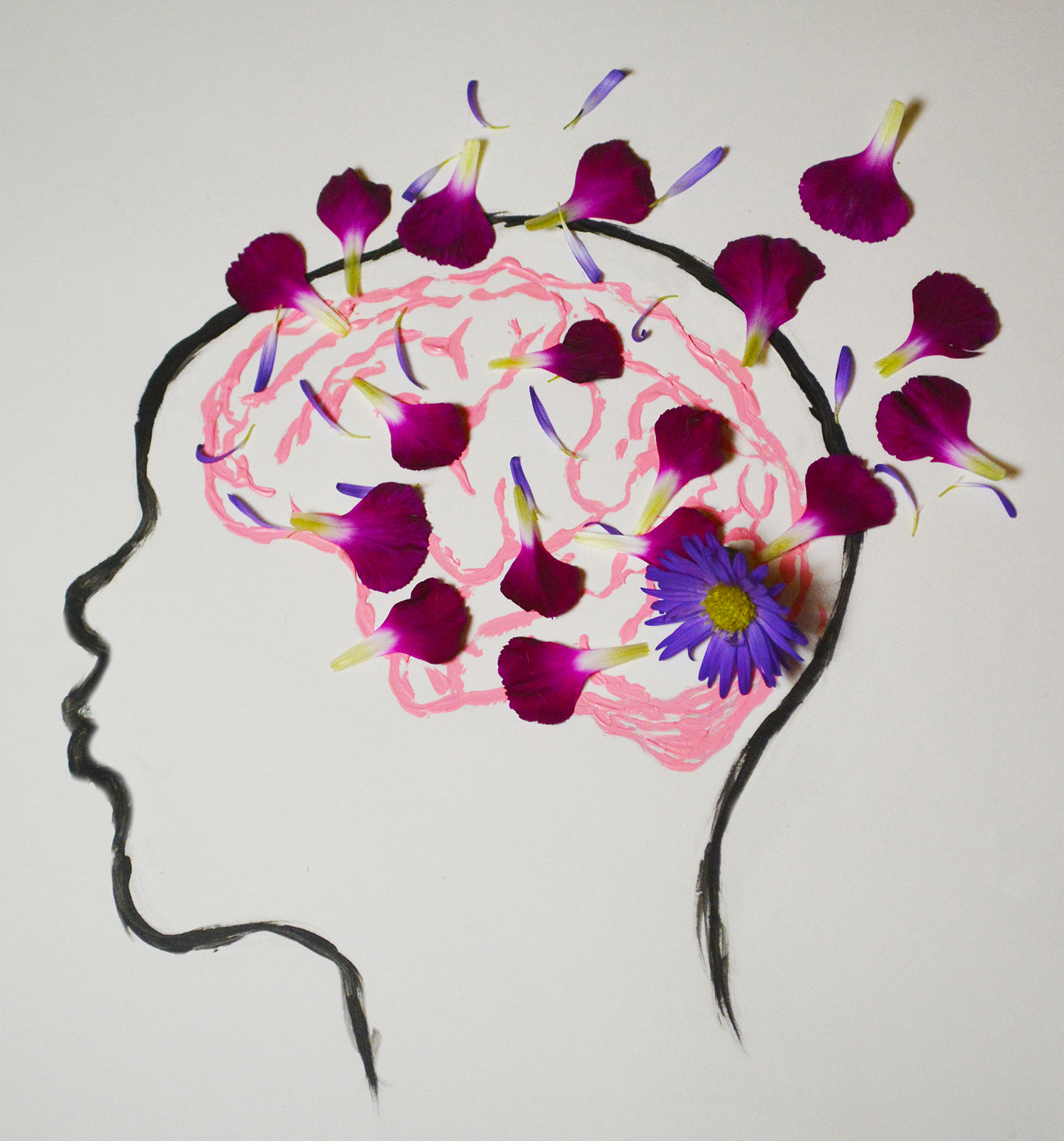Breathe In… Breathe Out… Mindfulness for the New Year

By Artina Dozier-Gage
WITH so many things taking space up there (in our minds) it’s not surprising that we can feel unsure or some confusion around everything from how we feel emotionally at a given moment to how to go about setting and actually reaching a goal that we’ve set for ourselves. Do you ever experience being easily distracted or find yourself unable to concentrate on things that really matter to you and require your focus? What about short attention spans that too often lend itself to the squandering of precious time? Many of us would probably answer yes, particularly in this hyper–digital age where “brain rot,” Oxford’s Word of the Year for 2024, lurks at our every turn. An unsettled mind is one that is preoccupied, hijacked by thoughts of the future, the past or by some other unconnected thought that hampers our ability to experience the richness of living in and fully embracing the present moment.
Practicing mindfulness at the start of this new year can begin with clearing away brain fog by taking time to truly understanding what all of those “things:, i.e. thoughts are that are taking space in our mind. In other words, being intentional about taking the mystery away from the things that are on our minds so that they are less vague or abstract; also, getting away from using unhealthy expressions that lump the thoughts in our minds into one big stew of ideas or feelings that too often go unrealized, not fully or correctly expressed, or not fully understood internally. It’s important to take the time to flesh out what’s on our minds for ourselves.
We should take time to actually name the thoughts or concerns on our minds and perhaps even write them down so that they can be understood, worked out, compartmentalized, or (if we can) omitted from our minds altogether, if we’ve come to believe that the thing that we’ve been thinking about is not all that important after all. The purpose of this mental exercise is to help with creating more space, not to fill back up with just more things to think about, but rather to make room for true peace of mind. We should remember that when we say things like, “I have a ton of things on my mind” we’re not setting our minds on a successful path toward processing our thoughts in a healthy way. The statement is too ambiguous to be helpful in whatever we may be dealing with. “I can’t think straight” is another unhelpful phrase which underestimates the awesome way that the our minds naturally process thoughts when we give it the care that it needs—spurts of calm time, meditation whenever possible, and enough sleep.
In addition to sleep, rest plays a critical role in keeping our minds healthy. In Psychology Today Dr. Rick Hanson described rest as a time when you’re, “not accomplishing anything, not planning anything, not going anywhere…when you don’t do anything at all…no stress, no pressure, nothing weighing on you in the back of your mind. No sense of things undone. [just] Utterly at rest.” When we don’t give our minds the rest that it needs we may begin to feel anxious, stressed, or become more susceptible to irritability which impacts our general well–being.
Simply put, the mind needs a break too, just like all the other parts of our body. As we welcome the fresh start of a new year let’s remember that a great way to center our own well–being is giving our minds the pampering and care that it needs and very much deserves.
Artina Dozier-Gage is manager of Social Media and Public Affairs for Authority Health. January is Mental Wellness Month.
Tags: mental health, mental wellbeing, mindfulness, self love, wellbeing